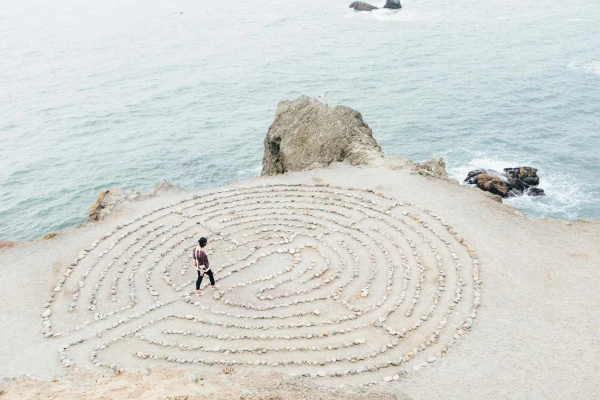
Anorexia and Bulimia
 Back
BackThey often have a distorted image of their bodies, thinking they're fat even when they're underweight. Men and women of any age can get anorexia, but it's most common in young women and typically starts in the mid-teens.
If you're under 18, your weight and height being lower than expected for your age
If you're an adult, having an unusually low body mass index (BMI)
Missing meals, eating very little or avoiding eating any foods you see as fattening
Believing you're fat when you're a healthy weight or underweight
Taking medicine to reduce your hunger (appetite suppressants)
Your periods stopping (in women who have not reached menopause) or not starting (in younger women and girls)
Physical problems, such as feeling lightheaded or dizzy, hair loss or dry skin
Some people with anorexia may also make themselves sick, do an extreme amount of exercise, or use medicine to help them poo (laxatives) or to make them pee (diuretics) to try to stop themselves gaining weight from any food they do eat.

Bulimia is an eating disorder and mental health condition. Anyone can get bulimia, but it is more common in young people aged 13 to 17.

Eating very large amounts of food in a short time, often in an out-of-control way – this is called binge eating
Making yourself vomit, using laxatives, or doing an extreme amount of exercise after a binge to avoid putting on weight – this is called purging
Fear of putting on weight
Being very critical about your weight and body shape
Mood changes – for example, feeling very tense or anxious
These symptoms may not be easy to spot in someone else because bulimia can make people behave very secretively.
Please choose which cookies you want to consent to.